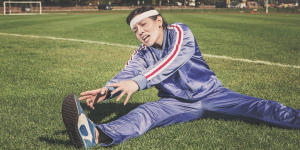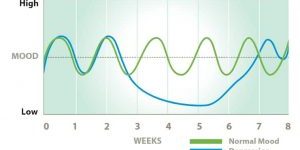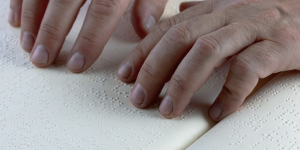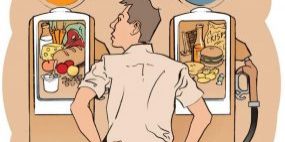Exercise and sleep
Getting enough exercise
We’ve talked about all the benefits of physical activity, but how do we know your fitness is causing you to lack energy and feel fatigued? Ask yourself these questions: Do……
How does caffeine affect sleep
Caffeine stimulates the central nervous system and can artificially stimulate your senses, which makes you more alert. Peak alertness levels are generally reached 30-60 minutes after consumption. If too much……
What factors increase the risk of a fatigue-related incident?
The following factors have been found to increase the risk of fatigue-related incidents (e.g. lane crossings) and accidents By planning your journey more carefully, you are more likely to stay……
Depression and the impact on fatigue
While we all experience low mood from time to time, it is important to understand that this is not depression. Depression is more than just a low mood. Depression is……
How much sleep do you need?
The amount of sleep that people require varies between individuals depending on many factors. Age is a major determinant of the quantity of sleep. The table below provides a general……
What are the best methods to improve sleep quality during menopause?
Many women report disturbed sleep during perimenopause and menopause. This often includes difficulty falling or staying asleep and waking through the night or very early in the morning. There are……
How does alcohol affect sleep
Alcohol is a depressant that slows the nervous system down. It impacts on the quality of the naturally occurring sleep cycles, and can increase sleep disturbance. Some people will say,……
The impacts on circadian rhythm and melatonin production in visually impaired people
Light is captured through photoreceptors in the eyes which transmit this to the suprachiasmatic nucleus (SCN), or internal body clock, via a dedicated neural pathway. Each day the light-dark cycle……
Food quality & fatigue
You are what you repeatedly eat! The food that you eat provides the fuel for your body to do everything it needs to do, every second, of every single day.……
Types of mood disorders
Mental health can generally can be seperated into three categories: stress, anxiety, and depression and can all directly or indirectly increase the risk of fatigue. They are all common and……










